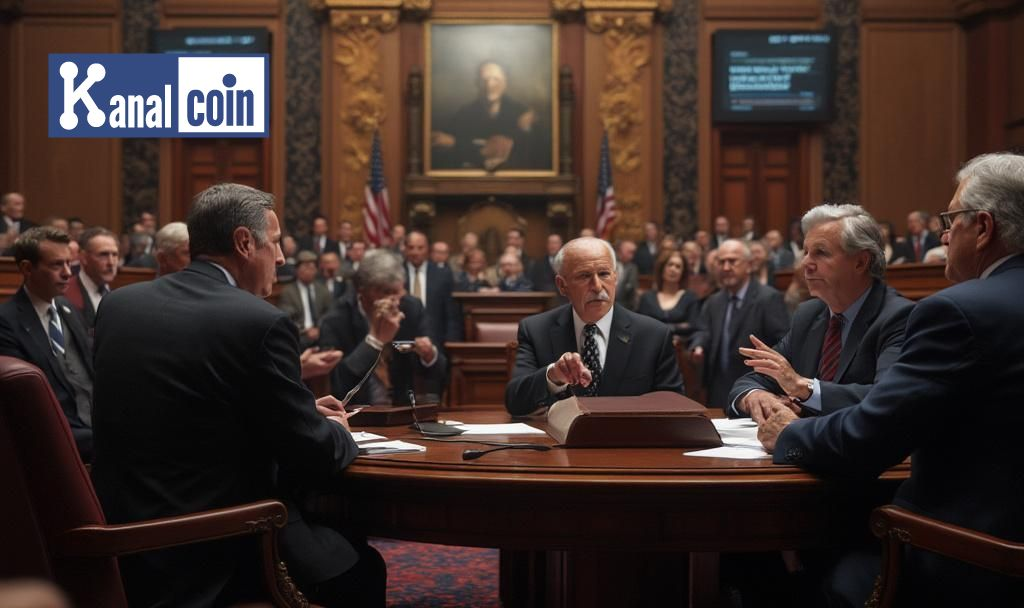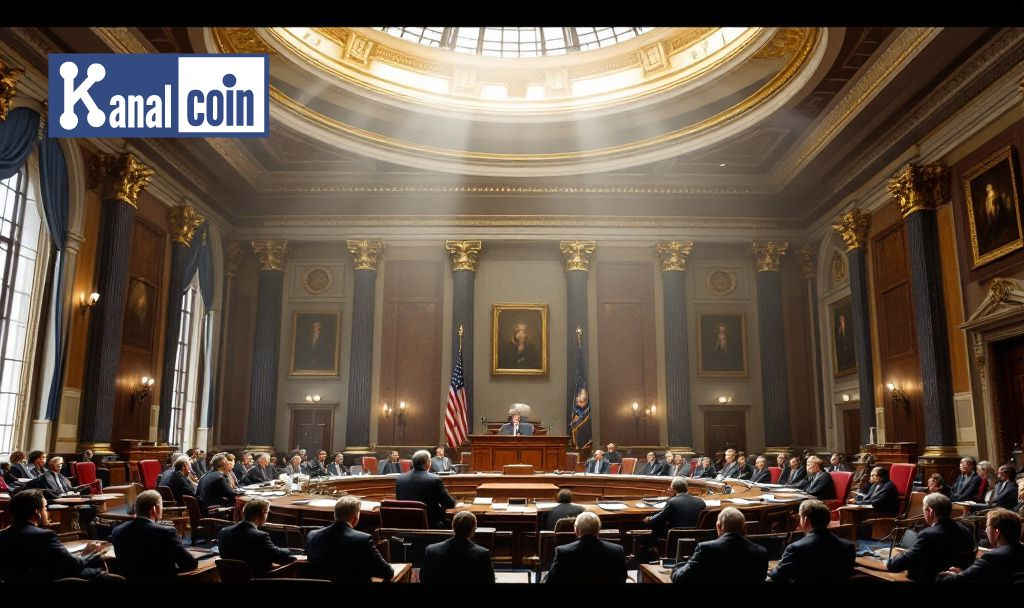
The U.S. Senate has approved the GENIUS Act, establishing regulation for stablecoins with bipartisan support and addressing financial innovation and security issues.
The bill affects a $250 billion stablecoin market, expanding institutional involvement and compliance, and potentially increasing legitimacy for digital assets like USDC and USDT.
GENIUS Act Passes with Full Senate Backing
The GENIUS Act received bipartisan approval in the U.S. Senate, guided by Senator Bill Hagerty. It progressed through the Senate Banking Committee, addressing concerns over foreign business entanglements. The act aims to establish clear regulatory frameworks for stablecoins.
Central to the bill’s passage were bipartisan negotiations. Both Republican and Democratic members collaborated, focusing on national security and financial transparency. The act directly targets a $250 billion market, influencing U.S.-based institutions managing stablecoins.
New Regulatory Era Sparks Institutional Interest
No immediate funding allocations have been declared. However, regulatory approval signals heightened institutional participation in stablecoin issuance. U.S.-compliant assets are anticipated to see inflows, indicating market trust and increased compliance requirements.
The passage may trigger notable financial shifts. Stablecoins, like USDC and USDT, could experience enhanced legitimacy and demand. On-chain data may reveal increased activity in regulated protocols, aligning with historical patterns from previous regulatory initiatives.
GENIUS Act Compared to EU’s MiCA Framework
This legislative approval echoes the EU’s 2023 MiCA framework, heralding a regulated era for crypto products. Past U.S. attempts lacked this level of bipartisan support, differentiating the GENIUS Act as a groundbreaking effort.
Experts, referencing data and past trends, suggest the act could set a global benchmark for stablecoin regulation. Kanalcoin analysts predict potential increases in institutional crypto adoption, boosting asset prices and reducing regulatory uncertainties.
“It’s crucial that we establish a regulatory framework that fosters innovation while ensuring compliance and addressing national security concerns.”
| Disclaimer: This website provides information only and is not financial advice. Cryptocurrency investments are risky. We do not guarantee accuracy and are not liable for losses. Conduct your own research before investing. |










